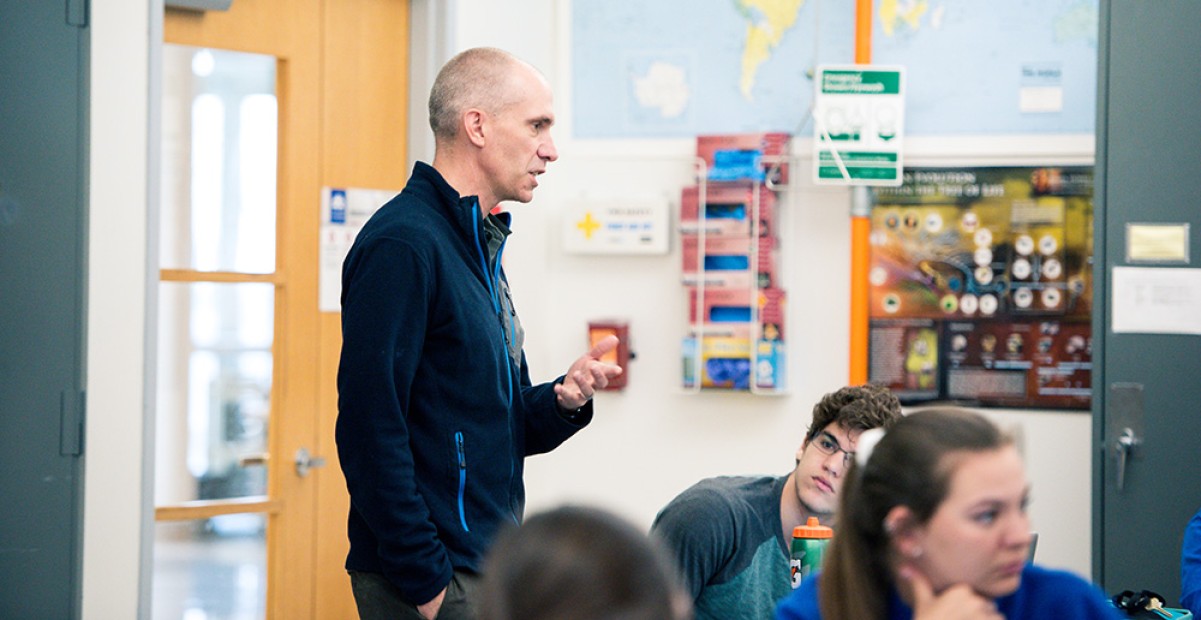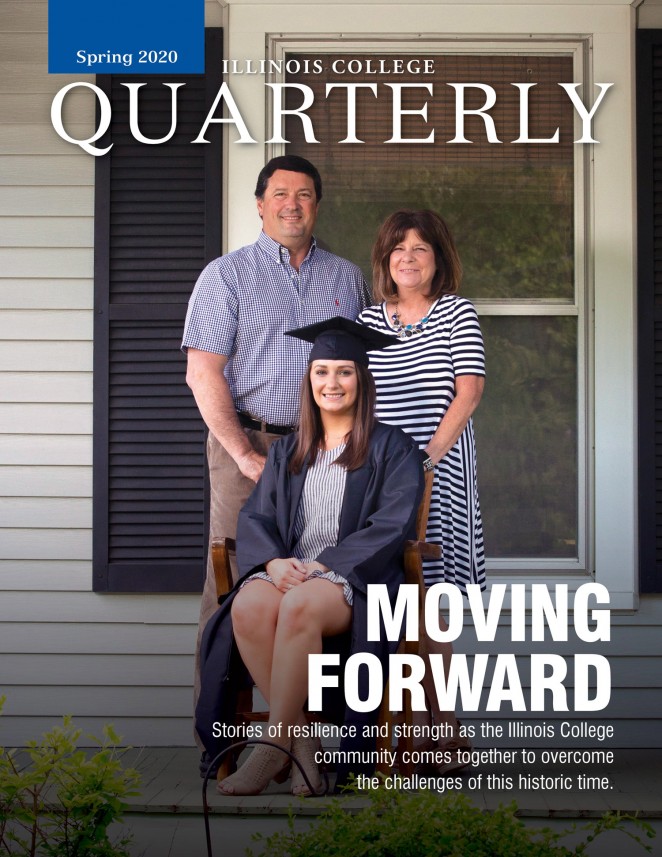IC professor approaches remote teaching with flexibility, empathy

But that’s one of the only things that has remained normal about the associate professor of biology’s day.
After helping his wife, Jessica, get their three young daughters ready for the day, Arnold doesn’t walk to campus, work in his office or lecture in Parker Science Building.
"We've got a routine set up,” he said, adding that the kids have play time in the morning and school time after lunch. When the weather is nice, they try to get outside for bike rides. And, of course, there’s more play time in the afternoon. “And in the middle of that I try to get as much done as I can," he said with a laugh.
Instead of working 8-to-5, Arnold said he gets “blocks of time.” In those blocks of time, he’s teaching — but that, too, looks different now.
When Illinois College — along with other colleges and universities around the world — made the decision to suspend face-to-face instruction, faculty like Arnold had to get creative. He gets done as much as he can in advance and over the weekends so that Monday mornings he can upload the lectures, assignments and other materials his students will need during the week. Using the video platform Echo360 and student response tool Learning Catalytics, he posts his lectures and discussion questions. He also uses Google Hangouts to host virtual office hours and question and answer sessions.
In addition to technology, Arnold said flexibility and empathy have been important elements of his approach. Just like on campus, the responsibilities and situations being juggled by each student differ. It is also more difficult to know if his students are understanding the material and how they are doing. He misses seeing his students in class.
"It's just different. You enjoy the time at the beginning of class with the students."
"It's just different,” he said. “You enjoy the time at the beginning of class with the students. I like to tell jokes or just ask them how things are going. Or I can just ask if they have any questions about anything. And now, you send out an email that says ‘if you have any questions, just let me know’ and you don't get anything back.”
This semester, Arnold is teaching evolution and ecology — a course required for all biology majors — as well as a course on tropical ecology and biodiversity in Cuba and a senior seminar class for environmental studies majors. The Cuba course, which Arnold co-teaches with Hitchcock Professor of Biology Lawrence Zettler, includes field work in Cuba. Students and faculty returned from the trip before travel restrictions took effect as the coronavirus spread around the world. Arnold said their timing was lucky and the students have been able to build on what they did on the trip for the rest of the semester.
His evolution and ecology class wasn’t quite as lucky. Most of the labs for the course were done before spring break — except for a big, multi-week lab they were about to start.
"So, I went into the lab and I basically photographed the experimental setup for the students, along with the organisms used in the lab, so they could understand the experiment. I provided them with the methods and I tried to kind of give them what the experience would have been like, had they actually been able to do it,” he said. “And then I provided them with the data set from last year's lab that they could then analyze and report on.”
Arnold had some experience providing lectures to his classes with technology before remote learning became a necessity, though simulating a major lab assignment was a first. He said faculty have been able to lean on each other and share ideas, rather than trying to make it work on their own.
Some faculty have also felt inspired to look at new ways of doing things, Arnold said. The situation has given him a fresh perspective and forced him to think creatively, from simply using digital tools to replacing an entire assignment that could not be done remotely.
"It's like you've done something a certain way for so long and I see this as an opportunity to try something different,” he said. “And if it works pretty well, maybe I can incorporate it when I do more of a traditional face-to-face class. Maybe there are some of these activities that I'm forced to do right now, virtually, that I can actually sprinkle in the next time I teach the class.”
To learn more about the biology program at Illinois College, visit www.ic.edu/biology.


